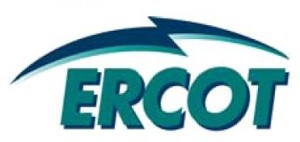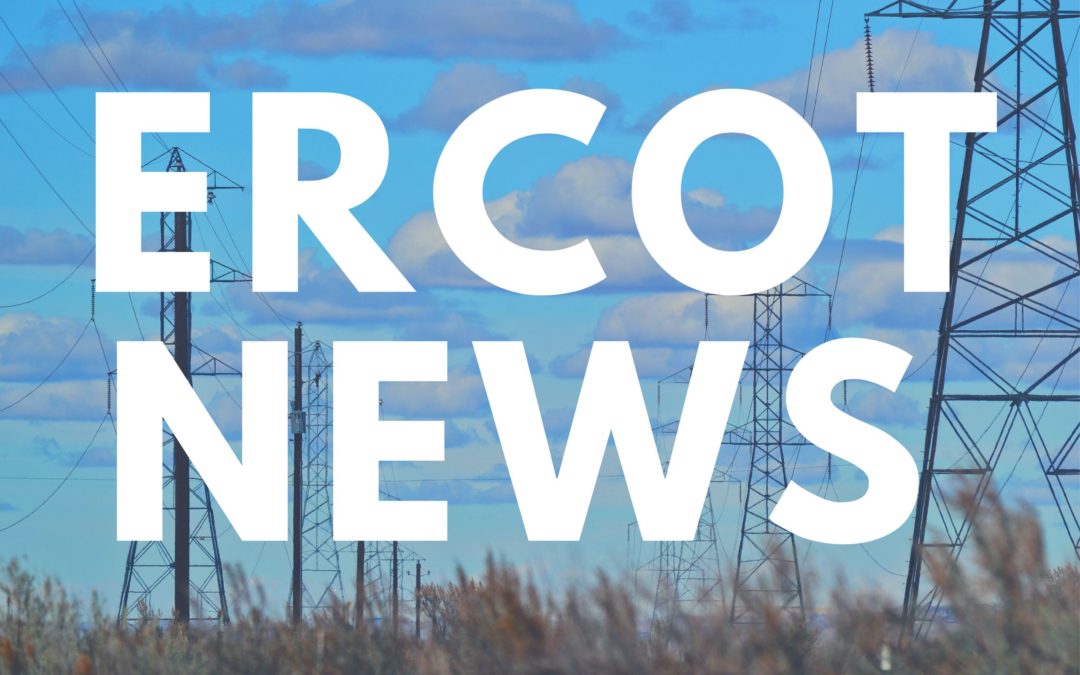ERCOT argued that it enjoys immunity against legal actions relating to its official actions because the organization claims it acts as a division of state government.
________________________________________________
 Sovereign immunity — the legal principle that shields government agencies from lawsuits — also shields ERCOT, according to a new ruling by the Supreme Court of Texas.
Sovereign immunity — the legal principle that shields government agencies from lawsuits — also shields ERCOT, according to a new ruling by the Supreme Court of Texas.
As a result, the grid operator likely will have immunity against lawsuits filed by consumers and market participants — including those stemming from injuries, damages and deaths during the Winter Storm power outages of 2021.
Chief Justice Nathan Hecht, writing for the majority in a June 23 opinion, said ERCOT qualifies for broad legal immunity because it “provides an essential governmental service” and because is serves as an “arm of the State government.” Hecht wrote that if any entity should hold ERCOT accountable for its missteps, it should be the Public Utility Commission or the Texas Legislature — and not the courts.
Background of the case
ERCOT, also known as the Electric Reliability Council of Texas or “ERCOT,” is a non-profit corporation with offices in Central Texas. The ruling by the Texas Supreme Court stems from two consolidated multi-million-dollar legal appeals in cases against the organization, both of which raise sovereign immunity questions.
In the first case, Dallas-based Panda Power claimed that ERCOT knowingly produced false market data in 2011 and 2012. As a result, Panda invested $2.2 billion to build three new power plants and those plants ended up falling well short of revenue expectations. Panda claimed that ERCOT committed fraud by releasing the incorrect market data.
The second case was brought by San Antonio’s municipal utility, CPS Energy, and is directly tied to the state’s devastating 2021 winter storm. CPS alleged that ERCOT inappropriately kept wholesale power prices frozen at a $9,000-per-megawatt-hour cap after the worst of the 2021 winter storm was over. That action contributed to billions of dollars in statewide energy overcharges, including overcharges to CPS.
In both cases, ERCOT argued that it enjoys immunity against legal actions relating to its official actions because the organization claims it acts as a division of state government.
The Supreme Court, in its June 23 opinion, ruled 5-4 that ERCOT is entitled to sovereign immunity protections, but acknowledged that the organization “is not clearly analogous to a public entity like a police department or a public school.” Rather, the non-profit corporation “provides an essential governmental service” and, under statute, has the “nature, purposes, and powers” of an “arm of the State government.”
Practical Effects
The High Court’s June 23 ruling is quite significant. Barring the effects of a possible rehearing, the decision potentially relieves ERCOT from massive liability stemming from its actions during the statewide outages in 2021. Separately, the decision grants the PUC sweeping jurisdictional authority over a large array of legal claims. As such, the opinion likely will have ongoing policy implications for the state and local governments.
As far as consumers go, the ruling represents a mixed bag. On the one hand, the grant of sovereign immunity greatly limits available legal recourses for any consumer or market participant with a grievance against ERCOT. This should come as particularly bad news for any individual adversely affected by Winter Storm Uri and who brought legal action.
On the other hand, the ruling could help energy consumers save money over the long term. That’s because ERCOT likely will face smaller legal judgments as a result of the ruling, and the costs of legal judgment against ERCOT indirectly get passed along to electricity consumers through the organization’s System Administration Fee.

